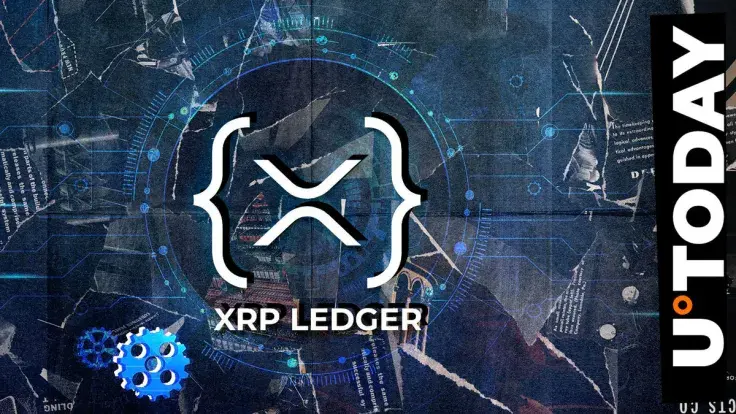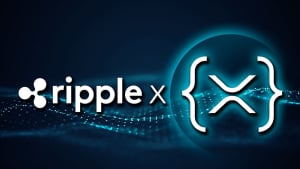
Disclaimer: The opinions expressed by our writers are their own and do not represent the views of U.Today. The financial and market information provided on U.Today is intended for informational purposes only. U.Today is not liable for any financial losses incurred while trading cryptocurrencies. Conduct your own research by contacting financial experts before making any investment decisions. We believe that all content is accurate as of the date of publication, but certain offers mentioned may no longer be available.
XRP Ledger (XRPL) might be poised for significant upgrades in the days ahead as key amendments have recently gained majority support from the network's validators.
On XRP Ledger, fully functional transaction process changes are introduced as amendments and validators vote on them.
According to Vet, an XRPL dUNL validator, two XRP Ledger amendments just gained the majority and are now in the two-week activation period. These two amendments are fixPreviousTxnID and fixEmptyDID, a crucial amendment required before the DID amendment.
Amendments represent new features or other changes to transaction processing. The amendment system utilizes the consensus process to approve any changes that affect transaction processing on XRP Ledger.
To be enabled, amendments must have at least 80% support from trusted validators for two weeks. If support falls below 80%, the amendment is temporarily rejected, and the two-week time frame repeats.
If an amendment achieves more than 80% support for two weeks, it passes and the change is permanent for all subsequent ledger versions. To disable a previously enacted amendment, a new amendment must be introduced.
Two new XRPL specs published
Aside from the two amendments that have entered the two-week activation period, Mayukha Vadari, a senior software engineer at RippleX announced the addition of two new specs to XRP Ledger this week.
Vadari in a tweet stated she had published two new XRPL specs focused around permissioning and compliance.
First, XLS-80d: Permissioned Domains, which is a building block feature aimed at making on-chain permissioning easier to handle, developing on top of XLS-70d. Second, XLS-81d: Permissioned DEX — Secure and regulated trading environments. Vadari believes that these additions will help to drive greater flexibility and safety on XRPL.


 Tomiwabold Olajide
Tomiwabold Olajide Caroline Amosun
Caroline Amosun Dan Burgin
Dan Burgin Godfrey Benjamin
Godfrey Benjamin